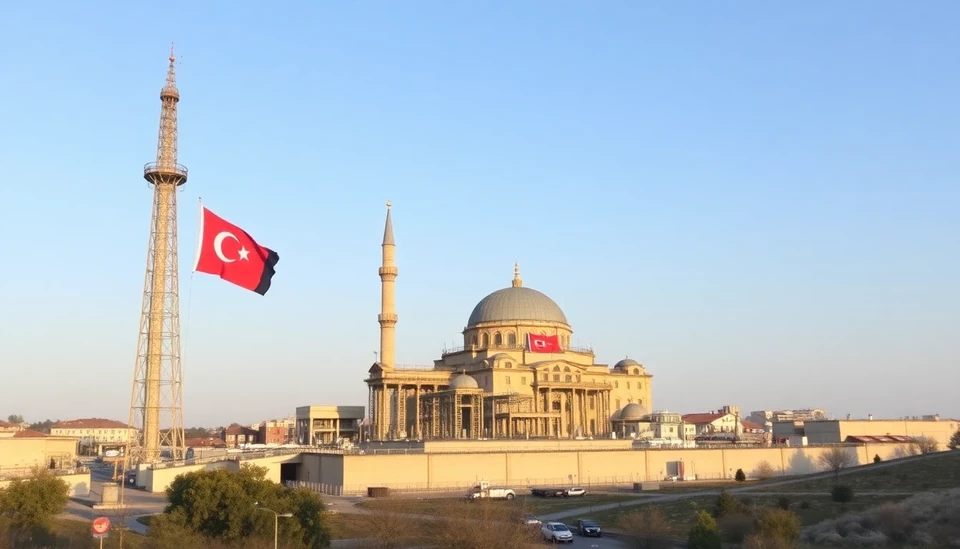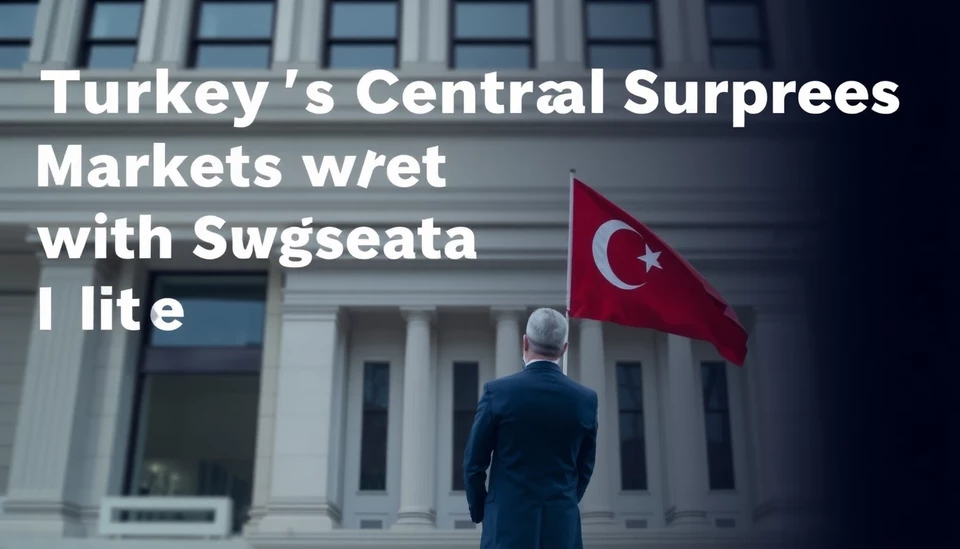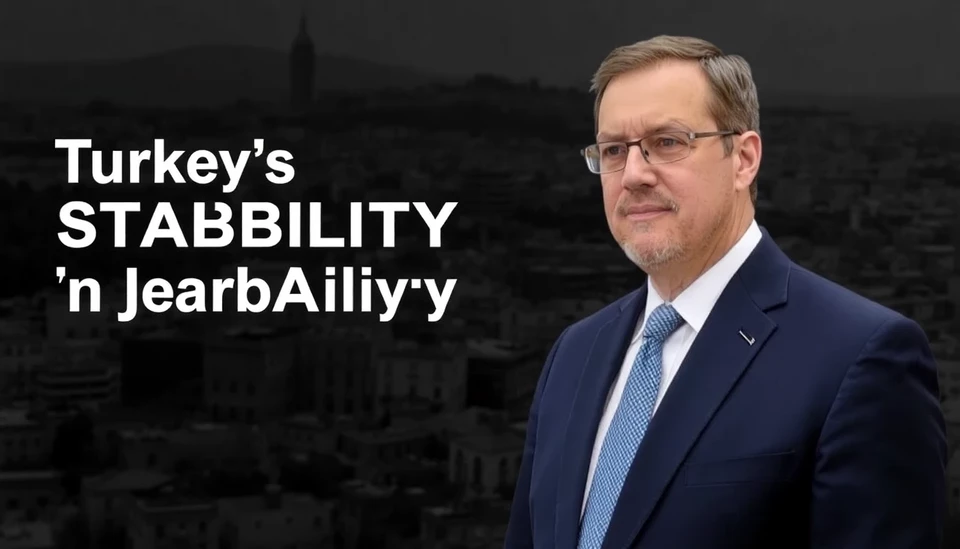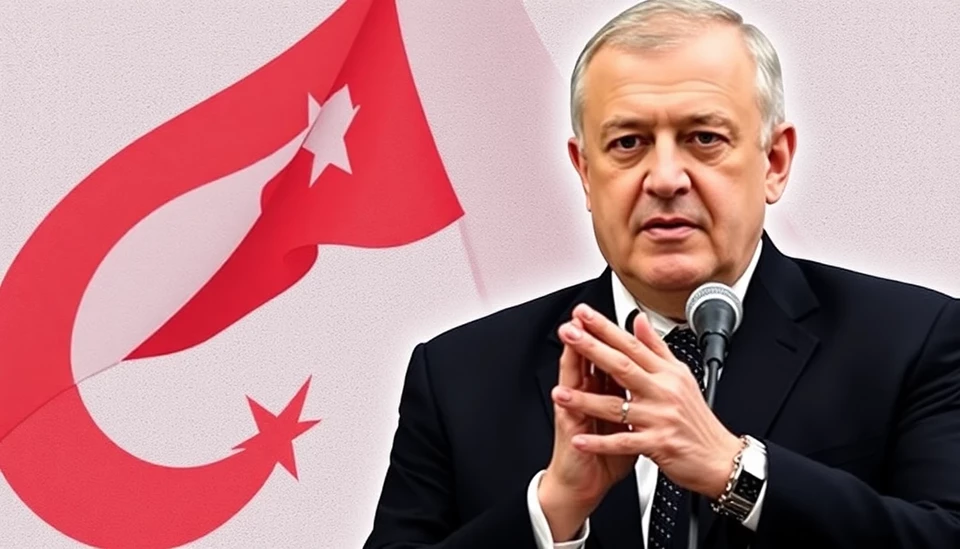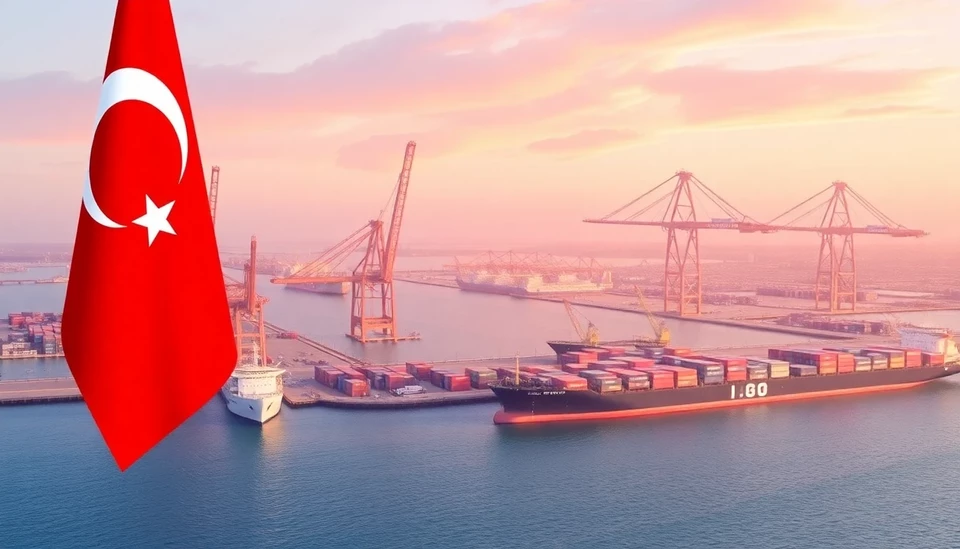
In a significant development for international trade and investment, Turkish officials announced that negotiations for a major port deal with Abu Dhabi have come to an abrupt halt. This news comes as a setback for Turkey as it seeks to enhance its strategic maritime capabilities and forge stronger economic ties in the region. The Turkish Minister of Transport and Infrastructure, Abdulkadir Uraloğlu, confirmed the breakdown of talks, stating that both parties failed to reach a consensus on key terms.
The proposed agreement aimed to facilitate significant investments in Turkey's port infrastructure, potentially transforming the logistics landscape in the region while allowing Abu Dhabi to strengthen its presence in the Eastern Mediterranean. However, despite initial optimism surrounding the negotiations, differences regarding operational control, investment scale, and revenue-sharing models have led to the standoff.
This setback is particularly noteworthy given Turkey's ongoing efforts to attract foreign investments, especially in its strategic sectors. The failure of these talks could cast a shadow on future negotiations with other potential partners looking to invest in Turkey's burgeoning maritime industry. It also reflects the complex diplomatic landscape in the region, where geopolitical tensions often complicate commercial transactions.
Uraloğlu expressed disappointment over the impasse, highlighting the significance of the deal for Turkey's economic objectives. The minister articulated the government's commitment to pursuing other avenues for foreign investments, indicating that while this particular discussion may have faltered, Turkey remains open to alternative collaborations in the infrastructural domain.
Observers note that Turkey’s rapid economic changes have been accompanied by ambitious infrastructure projects, particularly in transportation and logistics. The hoped-for agreement with Abu Dhabi was expected to provide a substantial boost, not just to Turkey’s maritime facilities but also to its global trade relations.
As the situation stands, it remains to be seen how both parties will navigate the fallout from the failed negotiations. There is a potential for renewed talks in the future, although the outcome could be influenced by the evolving geopolitical climate in the region and the broader consequences on Turkish foreign investment strategies.
The implications of this development extend beyond immediate economic concerns, tapping into the broader narrative of international partnerships and Turkey's aspirations for increased global influence. While both sides appear intent on moving forward separately, the door for future discussions remains, albeit with lingering questions about mutual interests and strategic alignment.
As both Turkey and the UAE reassess their positions, stakeholders from various sectors will be watching closely to see if new possibilities for collaboration emerge. The future of Turkey’s port enhancements will likely depend on both domestic policies and the unfolding dynamics of international relations.
In conclusion, while the abrupt end of negotiations over the port deal with Abu Dhabi seems to pose a setback for Turkey, it also opens up opportunities for reassessment and strategizing beyond traditional partnerships. A focus on adaptable strategy might lead to alternative agreements that can still fulfill Turkey’s ambitious infrastructural vision.
#Turkey #AbuDhabi #PortDeal #InternationalTrade #Investment #Infrastructure #Logistics #Economy #Geopolitics #ForeignInvestment
Author: Rachel Greene
